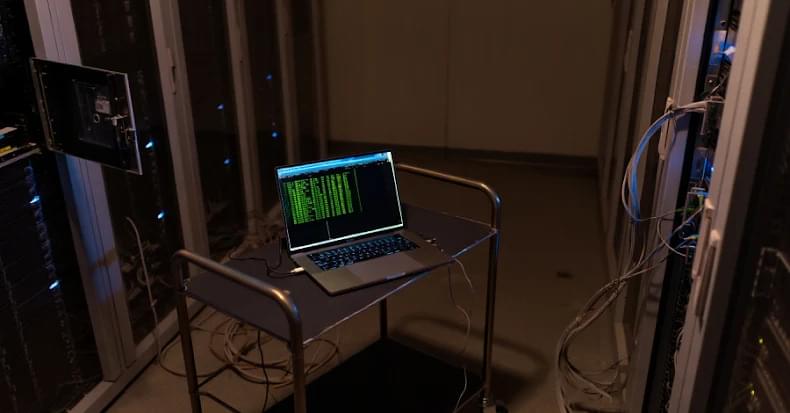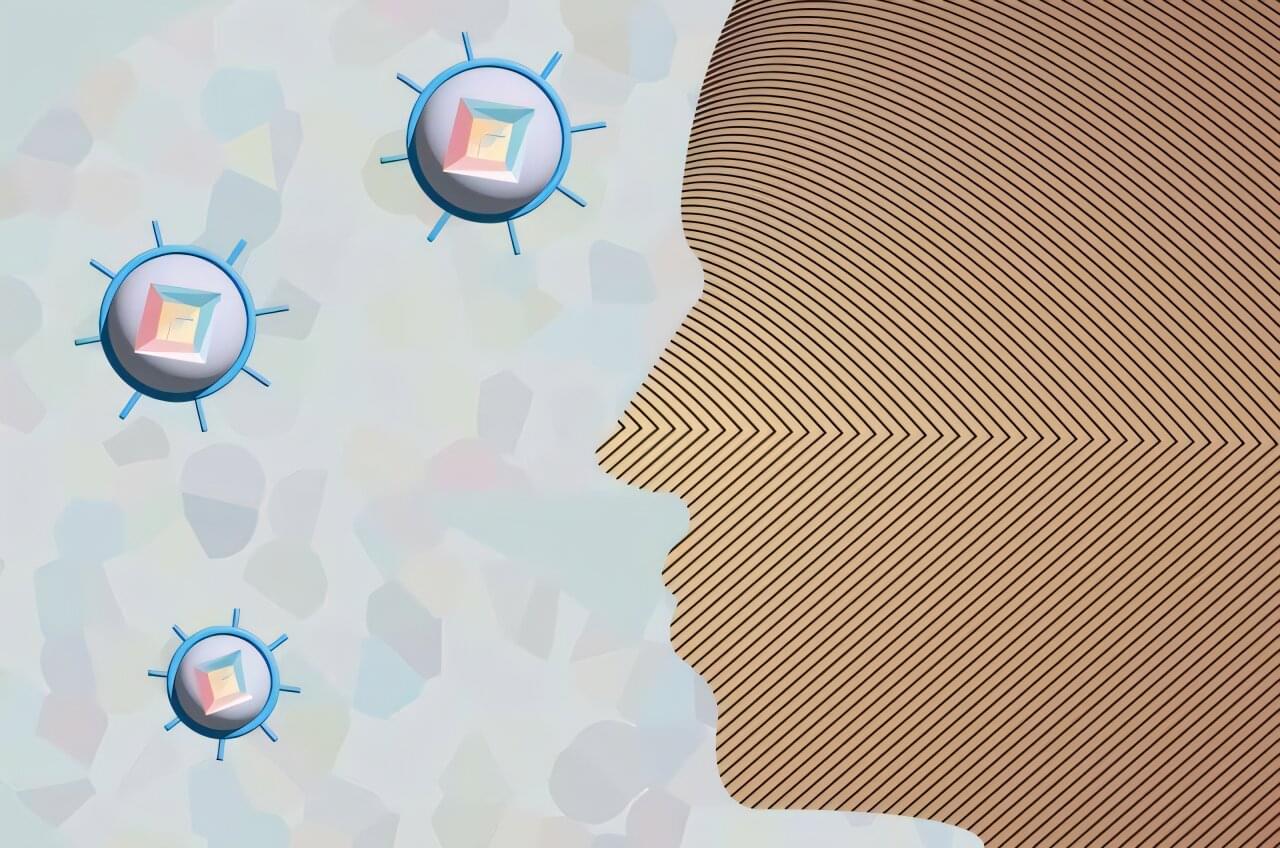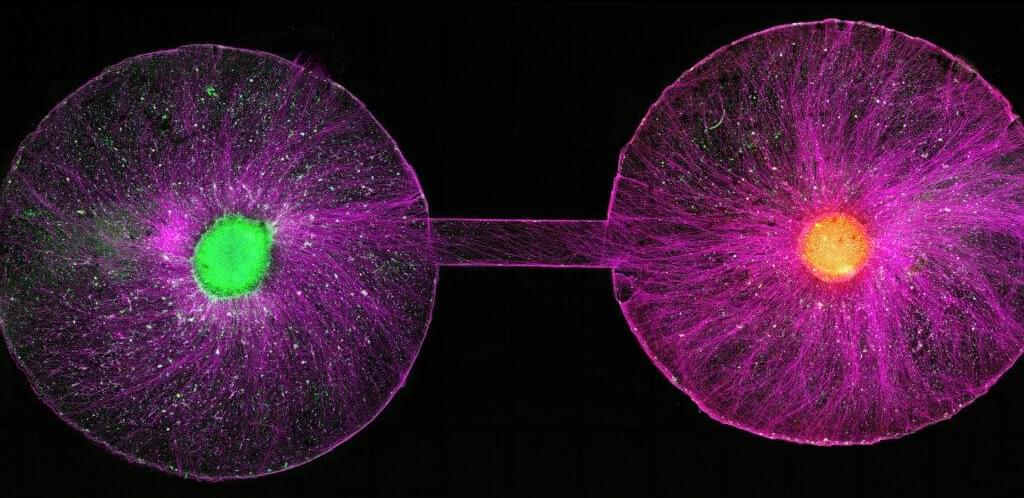ESET reports China-aligned LongNosedGoblin spying on government networks in Southeast Asia & Japan using Group Policy and cloud-based malware control.




An unusual public health policy in Wales may have produced the strongest evidence yet that a vaccine can reduce the risk of dementia. In a new study led by Stanford Medicine, researchers analyzing the health records of Welsh older adults discovered that those who received the shingles vaccine were 20% less likely to develop dementia over the next seven years than those who did not receive the vaccine.
The remarkable findings, published April 2 in Nature, support an emerging theory that viruses that affect the nervous system can increase the risk of dementia. If further confirmed, the new findings suggest that a preventive intervention for dementia is already close at hand.
In a follow-up study published Dec. 2 in Cell, the researchers found that the vaccine may also benefit those already diagnosed with dementia by slowing the progress of the disease.

Microsoft plans to enhance the security of the Entra ID authentication system against external script injection attacks starting in mid-to-late October 2026.
This update will implement a strengthened Content Security Policy that allows script downloads only from Microsoft-trusted content delivery network domains and inline script execution only from Microsoft-trusted sources during sign-ins.
After rollout, it will protect users against various security risks, including cross-site scripting attacks in which attackers inject malicious code into websites to steal credentials or compromise systems.

“This Perspective concludes that an MLA between 18–21 years is a scientifically supportable and socially coherent threshold for non-medical cannabis use.”
What should be the minimum legal age for recreational cannabis? This is what a recent study published in The American Journal on Drug and Alcohol Abuse hopes to address as a team of scientists investigated the benefits and challenges of raising the legal age for using recreational marijuana to 25, with the current age range being 18 to 21, depending on the country. This study has the potential to help researchers, legislators, and the public better understand the neuroscience behind the appropriate age for cannabis use.
For the study, the researchers examined brain development for individuals aged 18–25, specifically regarding brain maturation and whether this ceases before age 25. They note it depends on a myriad of factors, including sex, geographic region, and physiology. This study comes as Germany recently published several studies regarding legalizing recreational marijuana nationwide and marijuana use rates post-legalization. In the end, the researchers for this most recent study concluded that raising the minimum legal age for recreational cannabis use to 25 is unnecessary.
The study notes, “This Perspective concludes that an MLA between 18–21 years is a scientifically supportable and socially coherent threshold for non-medical cannabis use. Policy decisions should be informed not only by neurobiological evidence but also by legal, justice, sociocultural, psychological, and historical considerations.”

IronSource Expands Samsung Partnership, Launching on Samsung Mobile Devices in MENA https://www.businesswire.com/news/home/20221103005106/en/iro…es-in-MENA
Across West Asia and North Africa (WANA), growing concerns about digital surveillance have placed Israeli cybersecurity firms and their software under intense scrutiny. Among the most alarming cases is AppCloud, a pre-installed application on Samsung’s A and M series smartphones.
The bloatware cannot be uninstalled easily because it runs on the device’s operating system. Uninstalling it requires root access (the highest level of control in a computer system) of the phone to remove the AppCloud package. Its privacy policy is nowhere to be found online and opting out is not always available.
But the real concern lies in who owns AppCloud. When investigating further, we discovered that AppCloud’s privacy policy can be traced back to the controversial Israeli-founded company ironSource (now owned by the American company Unity). ironSource is notorious for its questionable practices regarding user consent and data privacy.

Manufacturing sustainable aviation fuel with CO₂ byproducts of ethanol production could reduce carbon intensity by more than 80% compared to fossil fuels.
The CO2 released from corn during ethanol production could actually be a valuable, underutilized resource for producing aviation fuel rather than a waste byproduct, according to a study published in the SAE International Journal of Sustainable Transportation, Energy, Environment, & Policy.
Unlike the CO₂ from coal plants or cement kilns, which requires a lot of energy to capture, fermentation to produce ethanol releases very pure streams containing 85% CO₂ by volume or higher. As the corn plants sequestered CO₂ from the air, capturing the CO₂ released from fermentation and using it as fuel would reuse CO₂ without adding more to the atmosphere.

In an effort to address these ethical grey areas, 17 leading scientists and bioethicists from five countries are urging the establishment of an international oversight body to monitor advances in the rapidly expanding field of human neural organoids and to provide ethical and policy guidance as the science continues to evolve. The call to action, published Thursday in Science, comes as U.S. government agencies are making new investments in organoid science aimed at accelerating drug discovery and reducing reliance on animal models of disease.
In September, the National Institutes of Health announced $87 million in initial contracts to establish a new center dedicated to standardizing organoid research. The move followed an earlier pledge by both the NIH and the Food and Drug Administration to reduce, and possibly replace, testing on mice, primates, and other animals with other methods — including organoids and organ-on-a-chip technologies — for developing certain medicines.
Government promotion of human stem cell models more broadly will only increase the recruitment of new researchers into the field of neural organoids, which has seen an explosion from a few dozen labs a decade ago to hundreds around the world now, said Sergiu Pasca, a pioneering neuroscientist and stem cell biologist at Stanford University who co-authored the Science commentary.

